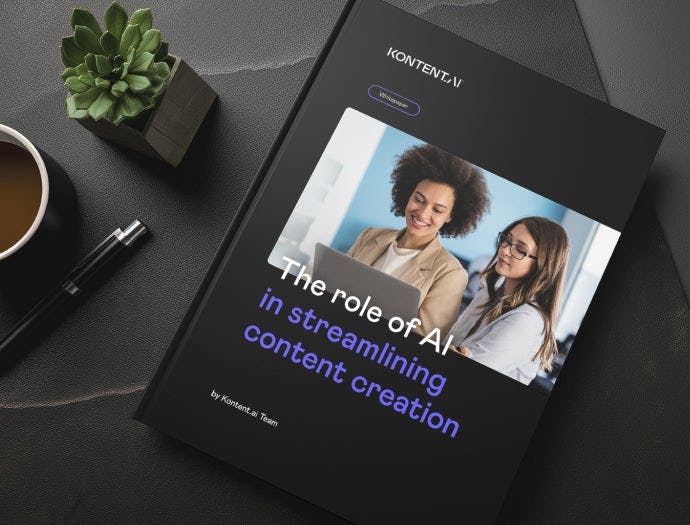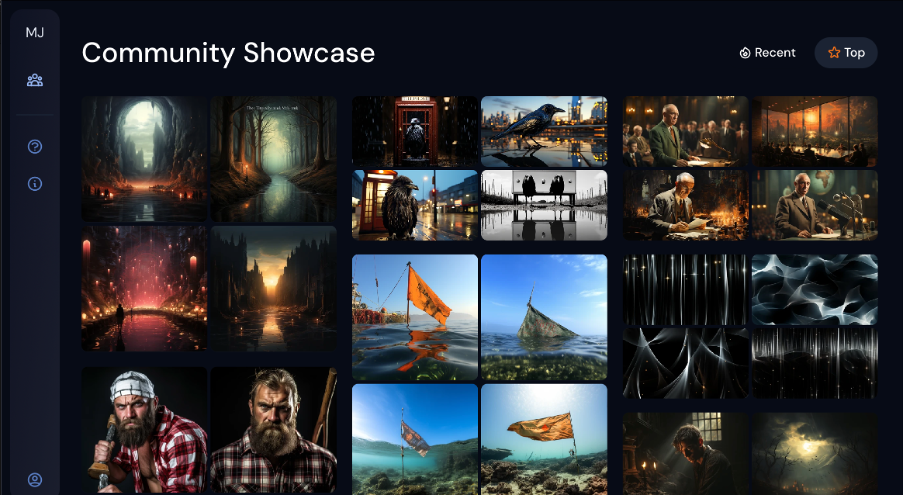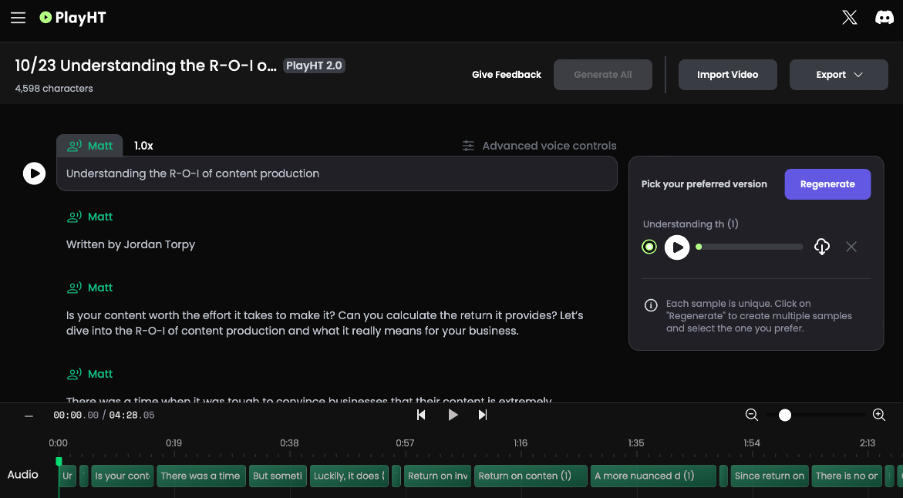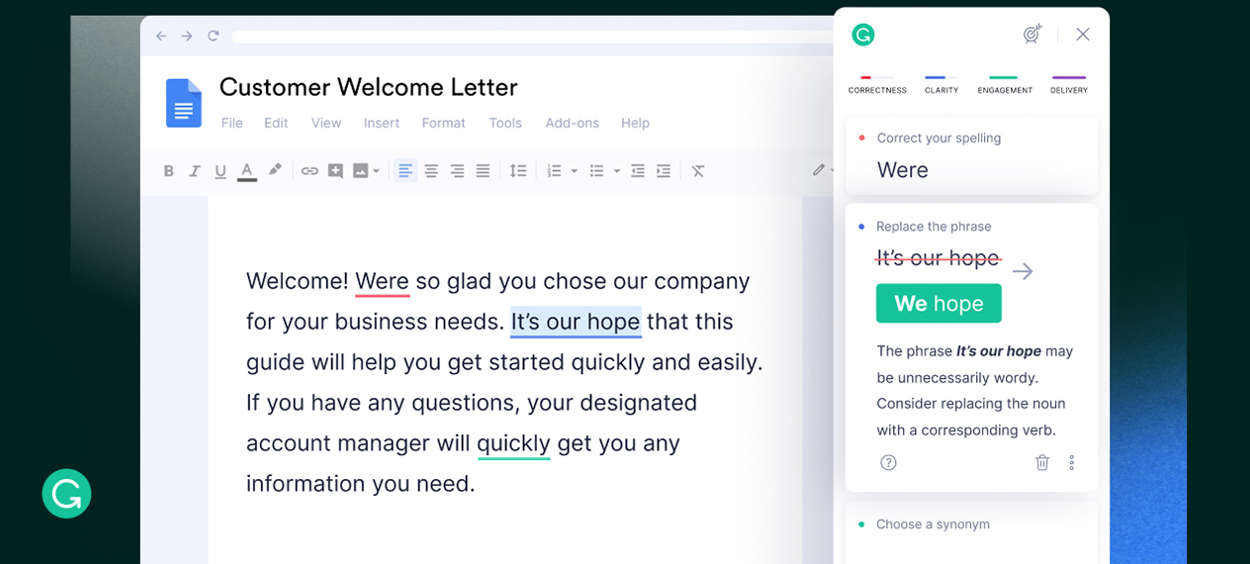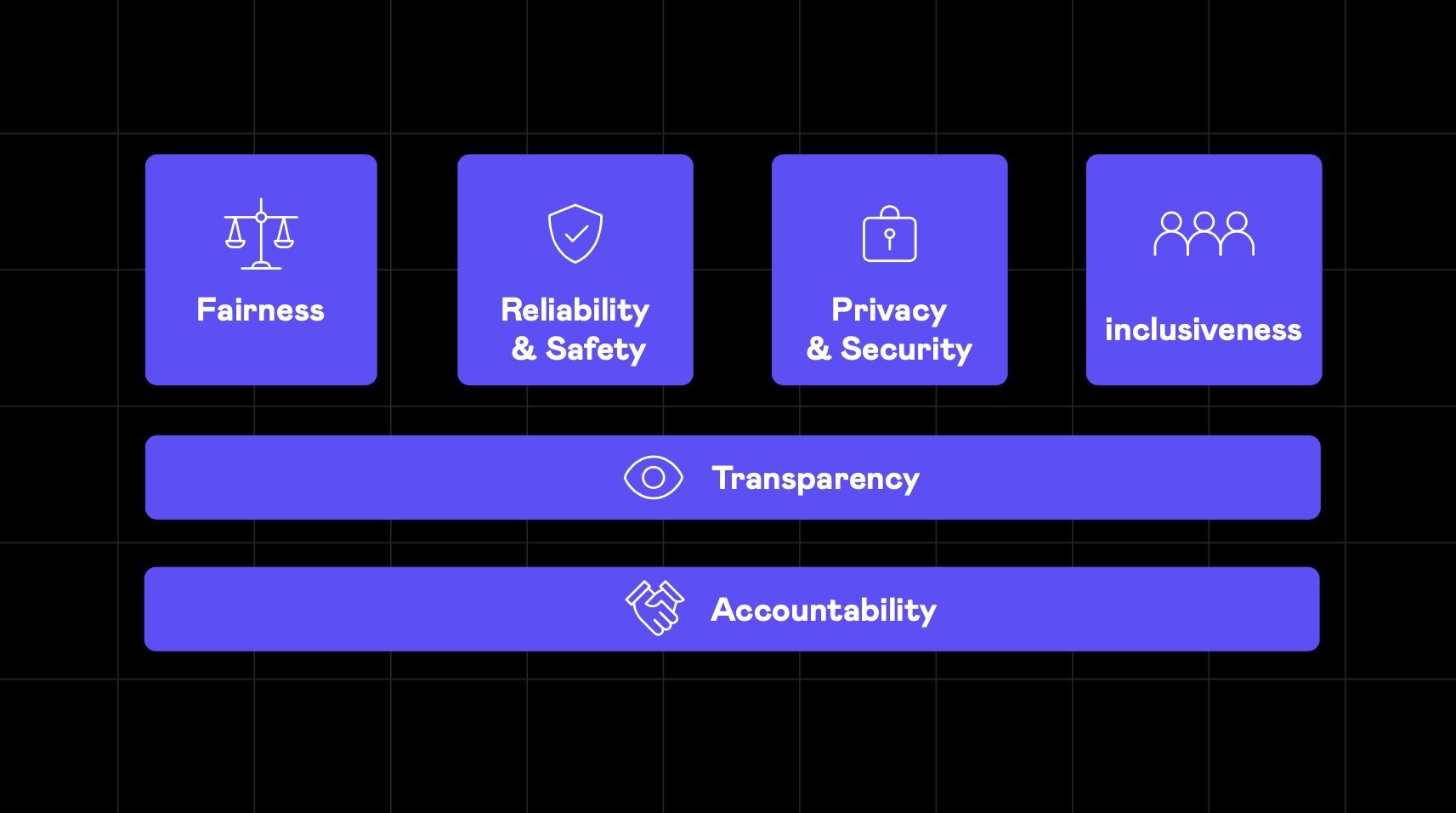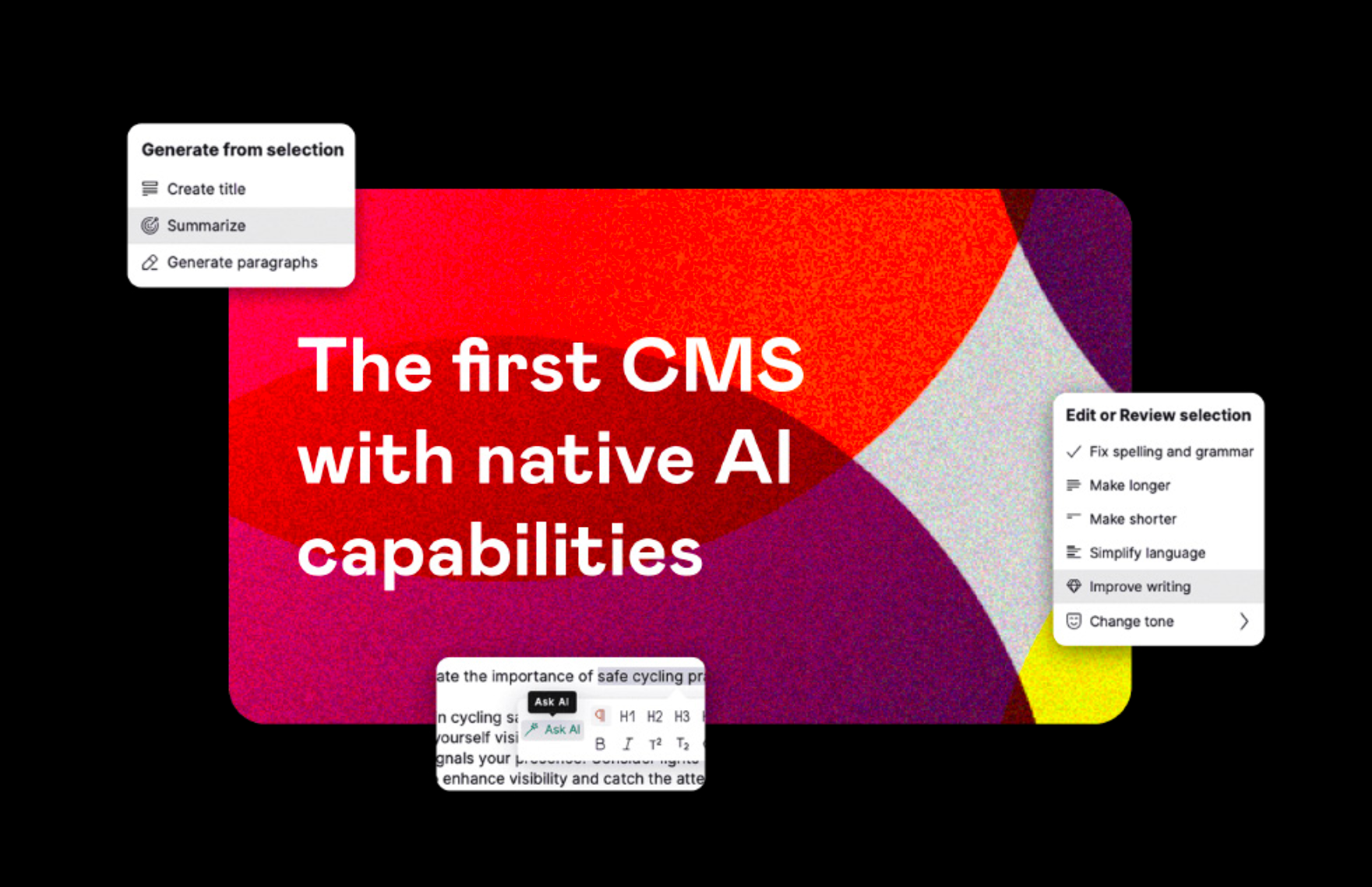Artificial Intelligence (AI) represents a cutting-edge field of computer science that aims to create systems capable of simulating human intelligence and problem-solving abilities. AI encompasses a wide range of techniques and technologies, including machine learning, neural networks, and natural language processing, which enable computers to analyze data, make decisions, and learn from experiences. The field of AI has evolved significantly over the years, with notable breakthroughs in areas like image and speech recognition, robotics, and natural language understanding. One of AI’s most exciting and rapidly growing applications is its role in content creation, where it has transformed how we create, manage, and personalize digital content.
In the realm of content creation, AI plays a pivotal role in automating various tasks that were once time-consuming and labor-intensive. For example, AI-driven content generators can produce high-quality articles, blog posts, and even poetry by analyzing vast datasets of text and generating human-like prose. Content curation is another area where AI excels, as it can analyze user preferences and behavior to recommend personalized content, such as news articles, videos, and product recommendations. Additionally, AI-powered chatbots and virtual assistants can engage with users in real-time, providing them with information and assistance, and enhancing the overall user experience.
AI’s influence in content creation is not limited to written or textual content. It has also made significant strides in the realm of multimedia content, such as image and video generation, editing, and enhancement. AI-powered tools can transform raw images and videos into stunning visuals, apply artistic filters, and even create entirely new, synthetic media. This has a profound impact on industries like marketing and entertainment, where AI-driven content creation tools can reduce costs and improve the quality of content, ultimately driving engagement and business outcomes. In fact, “Gartner® says more than 80% of enterprises will have used generative AI APIs or deployed generative AI-enabled applications by 2026”.1 As AI continues to advance, its applications in content creation are poised to reshape the way we produce, consume, and interact with digital content across various domains.
1 Gartner Press Release, Gartner Says More Than 80% of Enterprises Will Have Used Generative AI APIs or Deployed Generative AI-Enabled Applications by 2026, October 11, 2023, https://www.gartner.com/en/newsroom/press-releases/2023-10-11-gartner-says-more-than-80-percent-of-enterprises-will-have-used-generative-ai- apis-or-deployed-generative-ai-enabled-applications-by-2026.
GARTNER is a registered trademark and service mark of Gartner, Inc. and/or its affiliates in the U.S. and internationally and is used herein with permission. All rights reserved.

